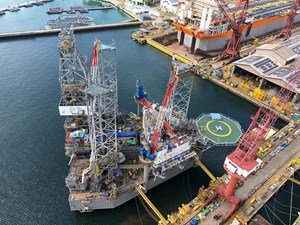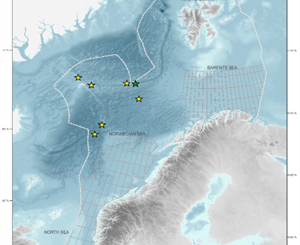(Bloomberg) – OPEC+ has little scope to reverse its oil production cuts, which have triggered a wave of rival supply from the U.S. shale industry, Iran’s representative to the group said.
“This strategy in support of prices has effectively encouraged higher supply outside the group, particularly on the part of the U.S.,” Iranian OPEC governor Afshin Javan said of the curbs in an article on state-run news agency Shana. “That would leave a limited room for maneuvering by OPEC+ to ease its restrictions.”
The article, unusually critical of OPEC policy for one of the group’s founding members, comes days before the producers meet to decide on plans for reviving halted supplies. Javan also wrote that some smaller African members, including Gabon and Congo, may quit the organization because they can’t afford to pay membership fees.
OPEC+, an alliance of OPEC nations such as Saudi Arabia and non-members led by Russia, is seeking to revive production halted since 2022, but has been forced to delay the restart amid faltering crude prices.
The planned supply increases by OPEC+ are “likely to bring about oversupply in 2025,” Javan cautioned.
Production cutbacks by the coalition over the past four years have financed a surge of U.S. shale oil, which has climbed by 2 million bpd since 2020, he wrote. As governor, Javan assists the country’s oil minister, Mohsen Paknejad.
“Bleak economic prospects” in top consumer China are compounding the challenge for the Organization of Petroleum Exporting Countries and its partners, Javan added.
“In the current year, demand for OPEC’s crude oil is likely to decline,” he wrote. His assessment is a stark contrast to projections from OPEC’s Vienna-based research department, which indicate a growing need for the group’s output.
This article was originally posted at www.worldoil.com



Be the first to comment